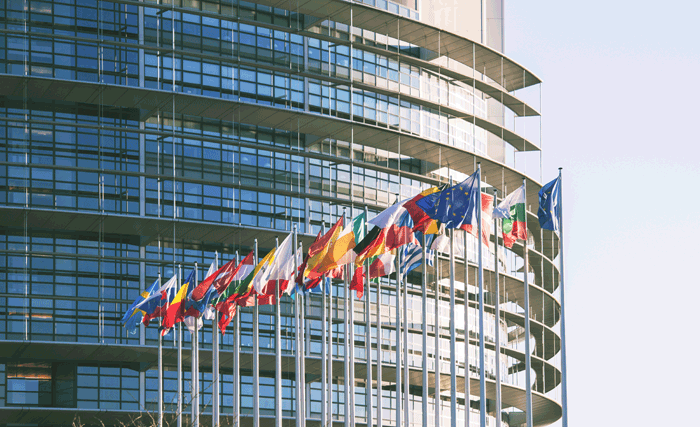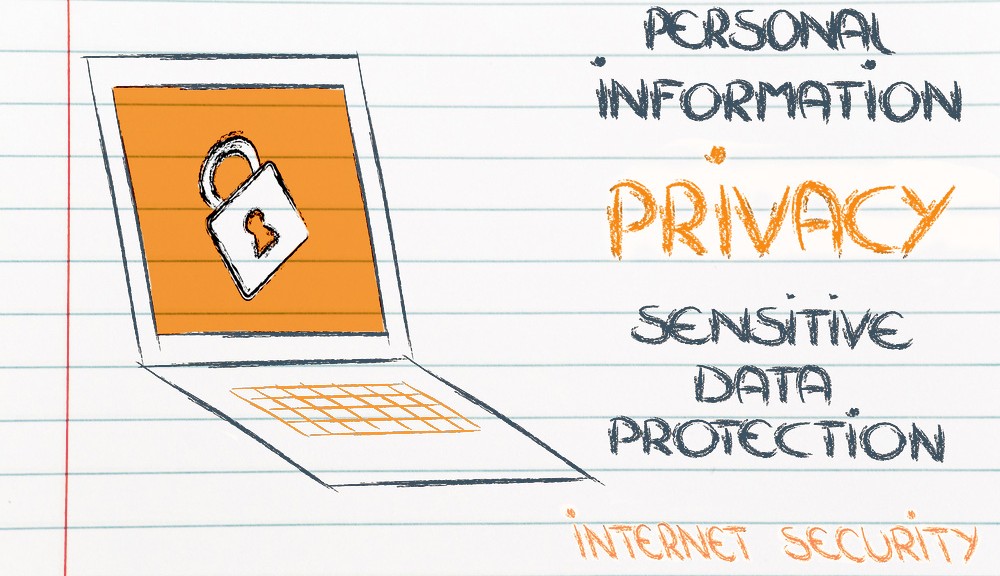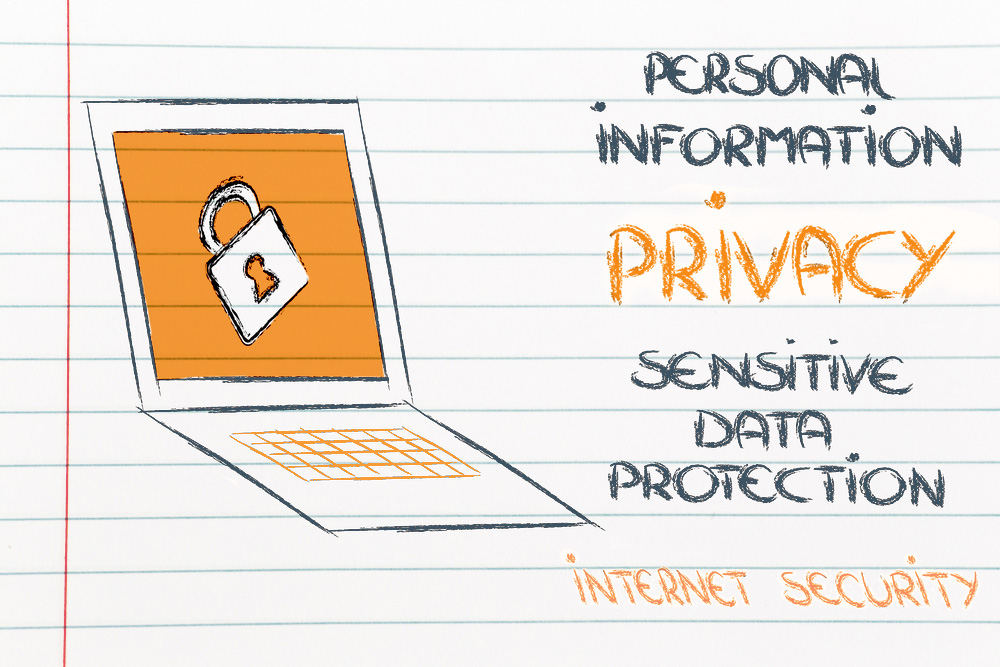Will robots steal jobs? For many, the answer is yes, they will indeed. A recent study from the World Economic Forum has put a number on the dispute that has been on the table for a while now: between now and 2020, 7.1 million jobs will disappear in advanced countries, and 2.1 million will be created. In other words, 5 million jobs will be lost for good.
Another recent report, this time from the Organization for Economic Cooperation and Development (OECD), has identified Spain, Austria, and Germany as being the countries that will most be affected by the robot revolution. Specifically, what is already being called the “fourth industrial revolution” will cause 12% of workers from these three counties to be substituted by machines, compared with an average of 9% from the OECD’s member countries.
People aren’t freaking out quite yet, but many in Europe are feeling some apprehension about this. That’s the reason why the European Parliament has developed a set of rules to regulate the relationship between robots, citizens, and companies, in a manner that may recall the robotic laws of Isaac Asimov.
This proposal for a legal framework will now have to be debated by the European Commission, who will decide whether or not to regulate the implementation of robots in society to minimize the adverse effects caused by the machines.
Here are the proposed measures.
An Off Switch
As ‘machine learning’ and ‘deep learning’ techniques are advancing by leaps and bounds, the European Parliament wonders what will happen if robots teach themselves more than we bargained for and end up becoming dangerous. Its proposal is that, by law, a deactivation button be installed in all robots in case of emergency.
They Can’t Hurt Humans
Seemingly lifted straight out of Asimov, this measure proposed by the European Parliament would prohibit companies from manufacturing any robot that has the aim of harming human beings. Pretty basic, and probably common sense, yes, but also necessary. If approved, you’d have to take into account ‘killer robots’ designed for war.
No Emotional Bonds
More than a concrete measure, this one could be considered a firm reminder. The European Parliament wants to make it clear to humans that robots have no feelings (at least for now) and that, therefore, they should not allow themselves to be cajoled by apparent emotions that are really only feigned.
Insurance for the Bigger Ones
The manufacturer and the owner of the robot will be held responsible for any damage it may cause, so that the owners of a large (or highly dangerous) automaton must take out an insurance policy (legislation that is similar in nature to laws governing automobile insurance).
Machine Obligations and Rights
The European Parliament’s report defines robots, to the surprise of many, as “electronic people”, and confers them rights and obligations similar to those of humans, which remain to be defined. It could even get to the point that they are held accountable for their actions in the eyes of the law, along with their creator and owner.
We’re All Taxpayers (Even Them)
One of the most controversial measures included in the proposition is that the robots, in order to reduce the social impact of unemployment, may be required to pay social security contributions and pay taxes as if they were human workers. In this way, they would contribute to filling the coffers of pension and health funds.
Basic Universal Income
As many humans are going to find themselves unemployed, the report also mentions the possibility of creating a basic income system that guarantees a minimum living stipend to people, thus easing the transition between an economic model based on human labor and the almost complete automation of work.
The post The EU’s Plan for Making Sure Robots Don’t Bring Harm to Humans appeared first on Panda Security Mediacenter.



